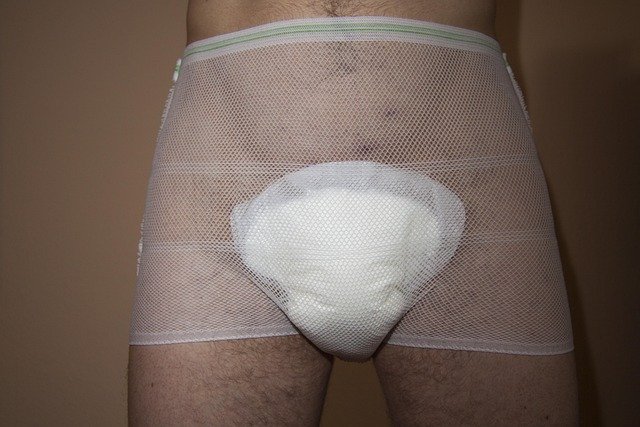Learn About Heart Valve Replacements And Recovery Considerations
Heart valve replacement is a crucial procedure for individuals suffering from severe heart valve disease. This article delves into the intricacies of heart valve replacements, exploring the various types, surgical approaches, recovery process, and long-term considerations. By understanding these aspects, patients can better prepare for their treatment journey and optimize their recovery outcomes.

What is a heart valve replacement?
A heart valve replacement is a surgical procedure that involves removing a damaged or diseased heart valve and replacing it with an artificial valve. This intervention is typically recommended when a heart valve is severely narrowed (stenosis) or leaking (regurgitation), and repair is not feasible. The primary goal of heart valve replacement is to restore proper blood flow through the heart, alleviating symptoms and improving overall heart function.
What are the different types of heart valve replacements?
There are two main types of heart valve replacements: mechanical valves and biological (tissue) valves. Mechanical valves are made from durable materials such as carbon and metal, designed to last a lifetime. They require lifelong anticoagulation therapy to prevent blood clots. Biological valves, on the other hand, are crafted from animal tissue (usually porcine or bovine) or human donor tissue. While they don’t necessitate long-term blood thinners, they may wear out over time and require replacement after 10-20 years.
What surgical approaches are used for heart valve replacement?
Heart valve replacement can be performed through various surgical approaches, depending on the patient’s condition and the surgeon’s expertise. Traditional open-heart surgery involves making a large incision in the chest and temporarily stopping the heart. Minimally invasive techniques, such as mini-thoracotomy or robotic-assisted surgery, use smaller incisions and specialized instruments. For some patients, transcatheter aortic valve replacement (TAVR) offers a less invasive option, where the new valve is delivered through a catheter inserted in a large blood vessel.
How does the recovery process unfold after heart valve replacement?
Recovery following heart valve replacement is a gradual process that typically spans several weeks to months. Immediately after surgery, patients are monitored in the intensive care unit for 1-2 days before moving to a regular hospital room. Hospital stays usually last 5-7 days for traditional surgery and may be shorter for minimally invasive procedures. Upon discharge, patients are advised to engage in light activities and gradually increase their level of exertion. Cardiac rehabilitation programs are often recommended to aid in recovery and improve cardiovascular fitness.
What are the potential risks and long-term care considerations?
While heart valve replacement is generally safe and effective, it carries some risks like any major surgery. Potential complications include infection, bleeding, blood clots, and rhythm disturbances. Long-term care involves regular follow-up appointments with a cardiologist to monitor valve function and overall heart health. Patients with mechanical valves require lifelong anticoagulation therapy and regular blood tests to manage medication levels. Those with biological valves may need eventual valve re-replacement. Maintaining a heart-healthy lifestyle, including a balanced diet, regular exercise, and stress management, is crucial for long-term success.
What are the cost considerations for heart valve replacement?
Heart valve replacement is a complex procedure with significant associated costs. The total expense can vary widely depending on factors such as the type of valve, surgical approach, hospital fees, and geographical location. In the United States, the average cost of heart valve replacement surgery can range from $80,000 to $200,000 or more, including hospital stays and follow-up care.
| Procedure Type | Average Cost Range | Key Factors Affecting Cost |
|---|---|---|
| Traditional Open-Heart Surgery | $100,000 - $200,000+ | Longer hospital stay, higher surgical complexity |
| Minimally Invasive Surgery | $90,000 - $180,000 | Shorter hospital stay, specialized equipment |
| TAVR (Transcatheter Aortic Valve Replacement) | $70,000 - $150,000 | Less invasive, shorter recovery time |
Prices, rates, or cost estimates mentioned in this article are based on the latest available information but may change over time. Independent research is advised before making financial decisions.
Heart valve replacement is a life-changing procedure that can significantly improve quality of life for those suffering from severe heart valve disease. By understanding the types of valves available, surgical approaches, recovery process, and long-term considerations, patients can make informed decisions about their treatment. While the procedure comes with potential risks and significant costs, the benefits of restored heart function and improved health outcomes often outweigh these concerns for many patients.
This article is for informational purposes only and should not be considered medical advice. Please consult a qualified healthcare professional for personalized guidance and treatment.




